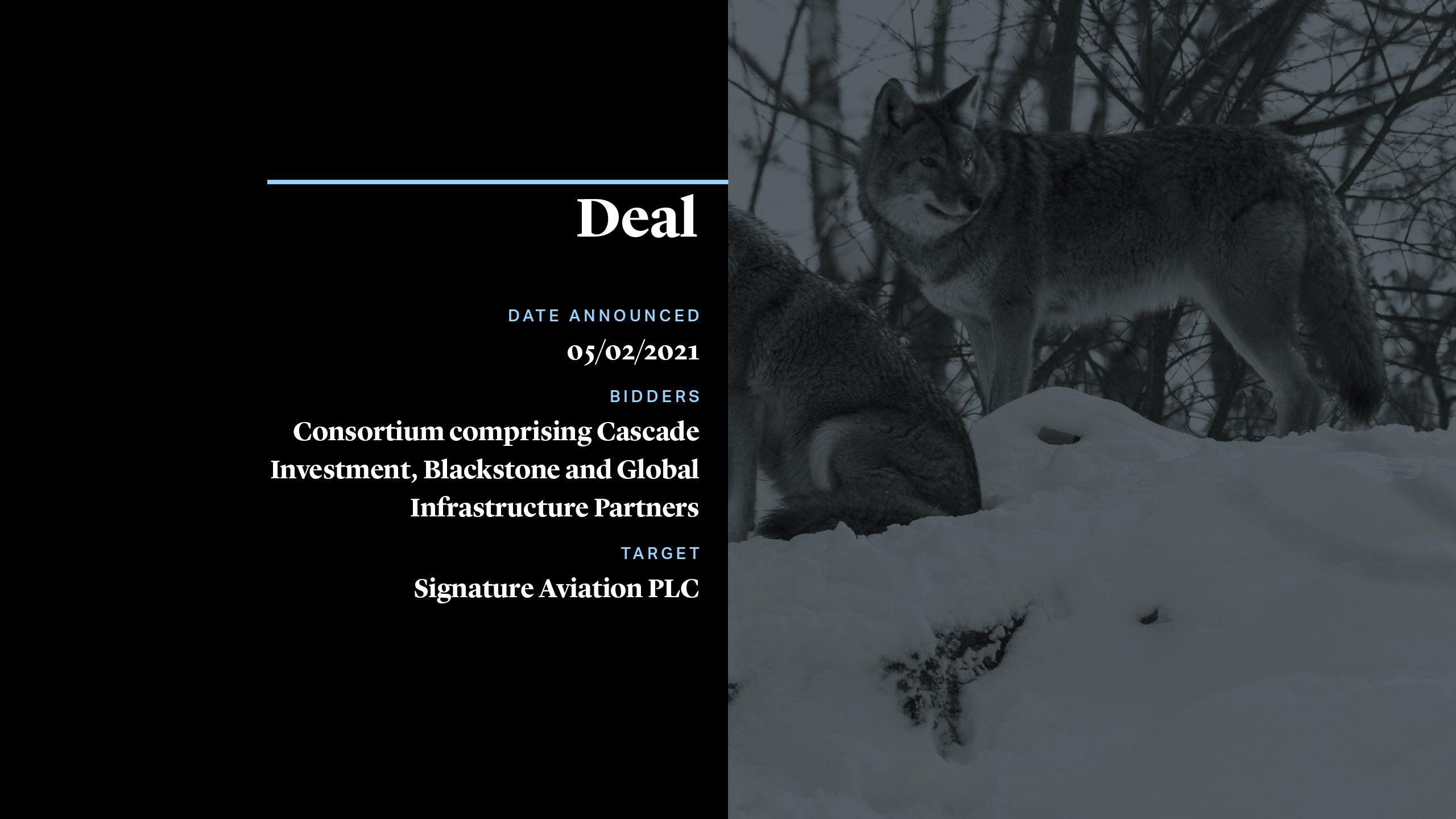Using Rollovers to
Secure Private Equity
Take-Privates

Public-to-private deals hit a high point in the UK in 2021. In the first half of the year, buyout groups sealed deals worth $45bn, more than double the next best six-month period on record, according to Refinitiv1. And by the close of 2021, five of the ten largest UK deals were take-privates, data from the Centre for Private Equity and MBO Research (CMBOR) showed2.
This growth in activity was fuelled by international sponsors homing in on UK-listed companies that were trading at relatively attractive valuations when compared with multiples in the U.S. and Europe. It also coincided with a rise in shareholder activism, as hedge funds and – increasingly – institutional investors pushed back against bids they perceived to be too low.
Against the backdrop of rising tension in take-privates, “rollovers”, which can bridge the valuation gap by allowing target shareholders to maintain a stake in the company, climbed the agenda.
Rollovers Face Close Regulatory Scrutiny
A rollover refers to an arrangement in which a target shareholder is offered the opportunity to exchange (or roll) all or part of its shareholding into shares in the bid vehicle. This involves the shareholder forgoing some or all of the cash consideration in return for retaining an ongoing interest in the company. While some shareholders will prefer cash payments for their shares, rollovers can help bridge differences in buyer and seller valuation expectations by enabling the target shareholder to participate in any future upside.
Rollovers are challenging to structure, however, given regulatory constraints in the UK. A fundamental principle of the Takeover Code is that all target shareholders of the same class must be treated equally4. Moreover, Rule 16 of the Code requires that bidders must not make special deals with selected shareholders unless those arrangements are offered to all shareholders.








1. Joint Offeror Status
The first is where a target shareholder is regarded by the Takeover Panel as a genuine “joint offeror”. Where the Takeover Panel grants this status, the target shareholder in question is permitted to roll over its stake even if other target shareholders are only offered cash consideration. The Takeover Panel sets a high hurdle for joint offeror status. It expects to see that the shareholder will have a very significant shareholding in the bid vehicle (usually at least 30% in a two party consortium), as well as significant influence over the company and share the benefits of performance and increases in company value, in addition to the risks of poor performance or adverse market conditions. It also insists that the joint offeror is not able to exit its investment before the other consortium members.
Bidders can expect probing questions about the purported joint offeror. In addition to scrutinising the governance and economic terms agreed between the consortium members, it will look closely to see if the shareholder is investing new capital or making other contributions to the consortium. The high bar means that only about ten joint offeror deals have been concluded over the last five years. One recent example is the joint offeror status granted to Cascade Investment’s joint bid for UK-based private jet services firm Signature Aviation.
Cascade was the largest shareholder in Signature Aviation prior to the bid with a roughly 17% shareholding. Cascade was granted joint offeror status by the Takeover Panel, which allowed it to join the bidding consortium with private equity firm Blackstone and Global Infrastructure Partners. Cascade rolled over its shareholding into the bid vehicle and also provided equity financing to part-finance the bid, such that it owned 30% of the company following the takeover. Cleary Gottlieb advised Cascade on its joint bid.
2. Stub Equity Alternatives
The second option involves the use of “stub equity” arrangements, also known as “unlisted securities alternatives”. This involves a private equity bidder offering target shareholders the opportunity to roll over all or part of their stakes into the bid vehicle instead of receiving cash consideration.
Stub equity alternatives must be open to all target shareholders to comply with the equal treatment principle. However, in practice, only a small number of shareholders will want illiquid securities instead of cash. Terms can vary significantly on transferability, voting rights or other governance issues. But as a general rule, a sponsor will structure stub equity to avoid rollover shareholders interfering with its ability to manage the business as it sees fit.
Stub equity deals have typically involved smaller equity investments than joint offeror rollovers, such as Towerbrook and Warburg Pincus’s £219mn buyout of roadside repair and insurance group AA PLC in 2020. That bid gave shareholders the opportunity to take cash or roll their entire holdings into the bid vehicle.
For more information on structuring rollovers in UK take-privates, please read Rollovers in UK Public M&A Transactions, or contact our M&A advisory team.
You can access more information on current trends and hot topics in UK take-privates in our UK Public M&A Round-up series and can subscribe to receive future editions of our UK Public M&A Round-up by completing the form at the bottom of this page.
United Kingdom
UK Core PE Group:
Extended Private Equity Practice:
Italy
Italian Core PE Group:
Extended Private Equity Practice:
France
French Core PE Group:
Extended Private Equity Practice:
Belgium
Belgian Core PE Group:
Extended Private Equity Practice:
Germany
German Core PE Group:
UAE

































